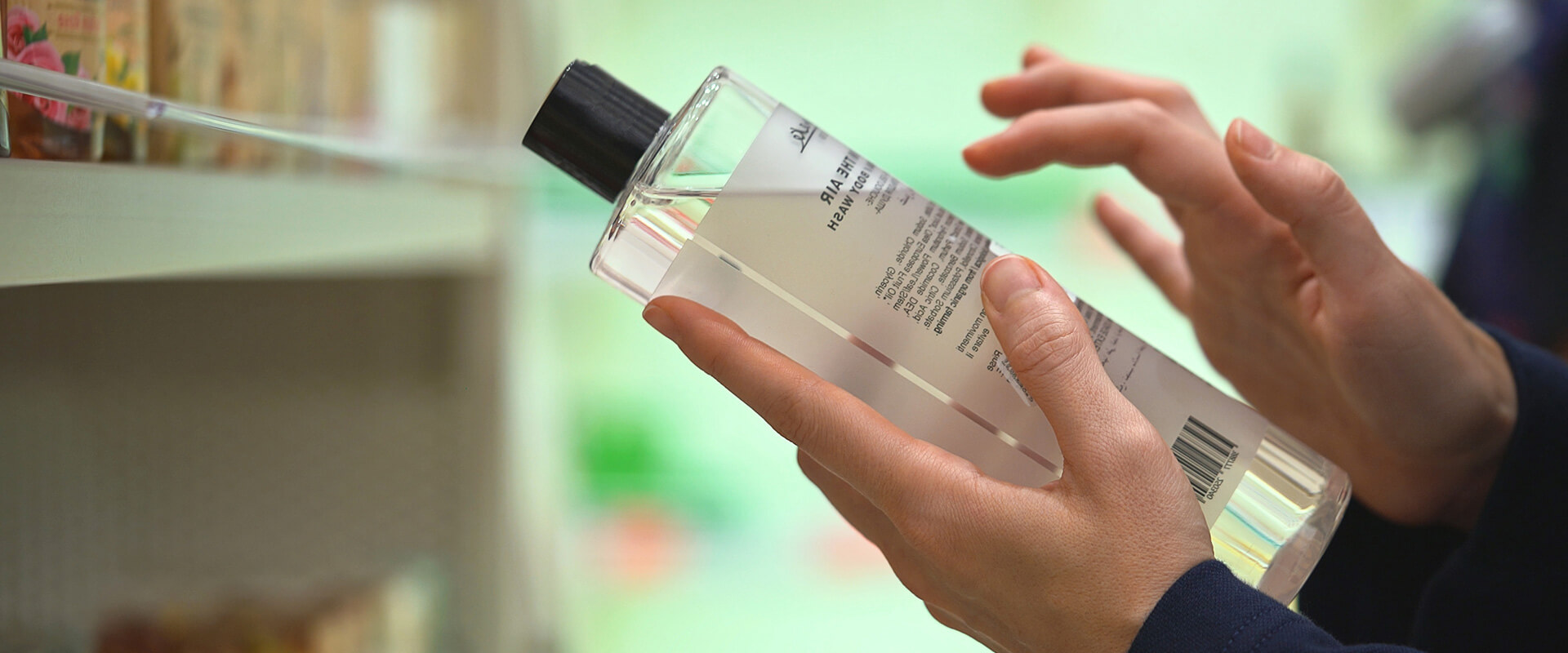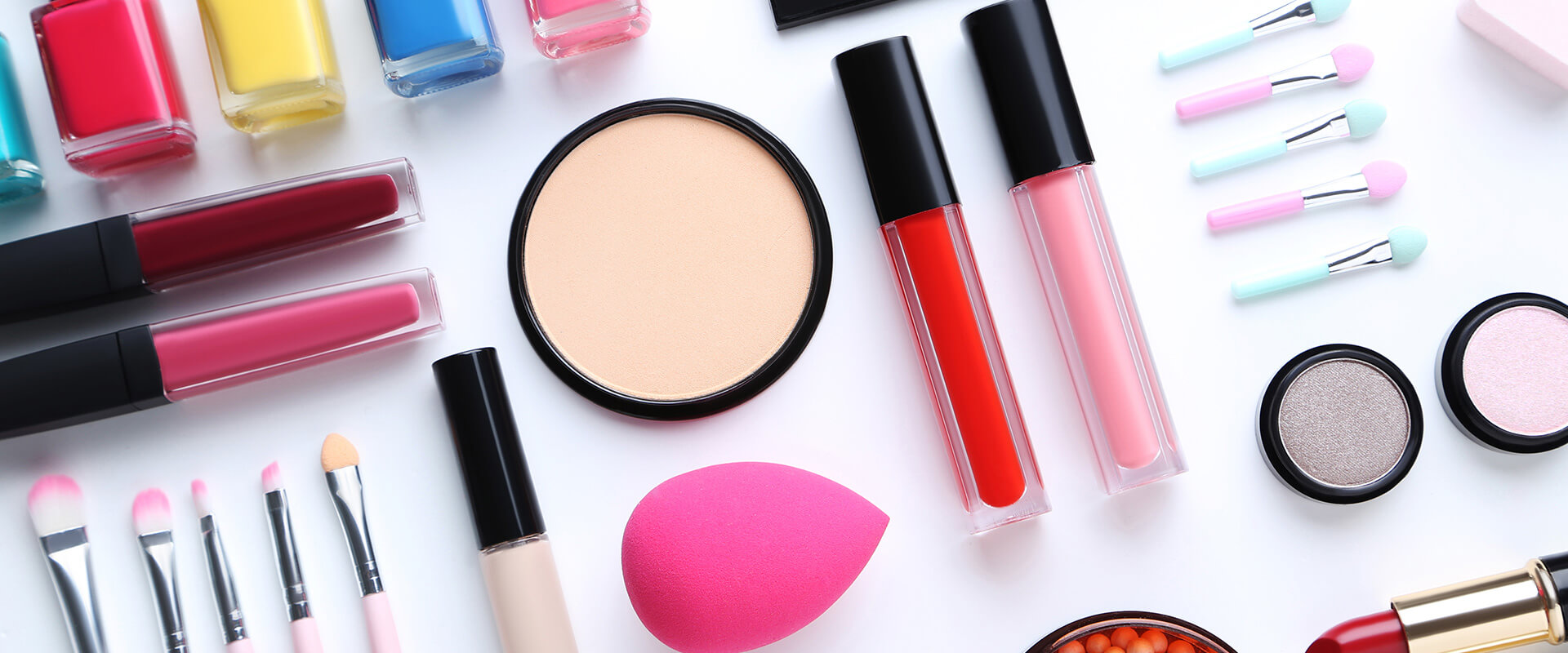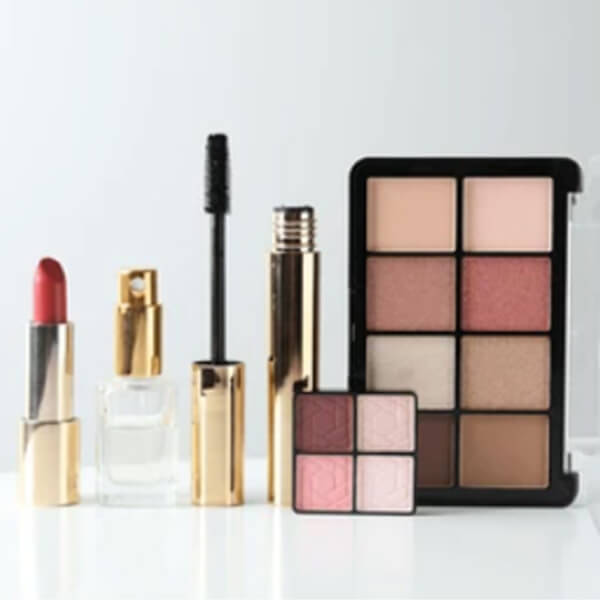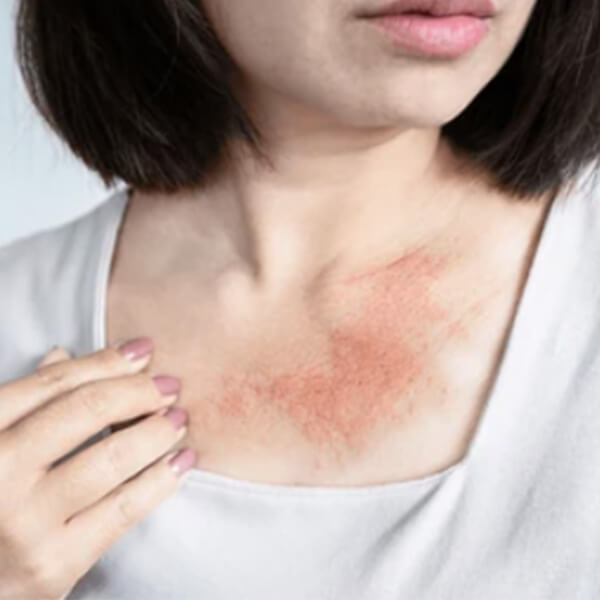- Hot Services
- Comprehensive Services
- Service Range
- Compliance
- Case Studies
- Advantages
- Customer Reviews
- Latest Updates
- Online Inquiry
Looking for Popular Testing Services?

Stability Testing
Our stability testing services simulate real-world environmental conditions to evaluate how your products respond over time. Whether it's accelerated, long-term, or cyclical testing, we help determine product shelf life and ensure packaging compatibility.
We test for:
- Temperature, humidity, and light stability
- Phase separation, color/odor change, pH shifts
- Packaging interaction (leakage, corrosion)
This service is essential for lotions, creams, sunscreens, and other skin care products.
Learn More
Microbiological Testing
Microbial contamination in cosmetics can lead to serious health risks and product recalls. Our microbiological testing ensures your products are free from harmful pathogens and have robust preservation systems.
We provide:
- Total aerobic microbial count (TAMC)
- Yeast and mold count
- Detection of specific pathogens (e.g., E. coli, S. aureus)
- Preservative Efficacy Testing (PET) to assess preservation systems
Comprehensive Testing Services





- Ingredient and Formulation Analysis
- Heavy Metals and Toxic Elements
- Allergen and Fragrance Analysis
- Banned and Restricted Substances Testing
- Nanomaterial & Microplastic Analysis
Ingredient and Formulation Analysis
This service includes the quantitative analysis of active ingredients, sunscreens, vitamins, botanical extracts, and more, as well as formulation verification and content uniformity assessment. Evidence shows that cosmetic ingredient analysis typically involves the detection of active substances, preservatives, and fragrances, often using techniques such as gas chromatography–mass spectrometry (GC-MS) for quantification. In addition, formulation upgrading and customization services are also available.
Heavy Metals and Toxic Elements
Detect elements such as lead, mercury, cadmium, and arsenic to prevent excessive levels that may cause health issues and regulatory penalties. Evidence shows that heavy metal testing is a routine procedure in cosmetics analysis, including the detection of lead, mercury, arsenic, and cadmium. These testing methods are typically based on international standards.
Allergen and Fragrance Analysis
Including the analysis of the 26 fragrance allergens regulated by the EU, with quantitative identification using advanced techniques such as GC-MS. Evidence shows that fragrance allergen testing is a crucial component of cosmetic analysis, typically employing liquid-liquid extraction followed by GC-MS. Moreover, studies have indicated that undeclared fragrance allergens in certain cosmetic products may pose additional risks to consumers.
Banned and Restricted Substances Testing
Target substances include phthalates, parabens, formaldehyde, 1,4-dioxane, and others. Testing is strictly conducted in accordance with regulations such as the FDA and EU Regulation 1223/2009. Evidence shows that the banned and restricted substance testing in cosmetics also covers safety risk assessments for antibiotics, hormones, and sex hormones. The testing methods include High-Performance Liquid Chromatography (HPLC), Gas Chromatography–Mass Spectrometry (GC-MS/MS), among others.
Nanomaterial & Microplastic Analysis
Including analysis of nanomaterial particle size, distribution, zeta potential, as well as microplastic residue detection. Evidence suggests that microplastic analysis has emerged as a new and growing field in cosmetics testing in recent years, involving the quantitative analysis of microplastic components.
Which Products Are Applicable for Testing?
Our testing capabilities cover a wide spectrum of beauty and skin care items, including:

How Do We Support Regulatory Compliance?
In addition to testing, we offer professional documentation and consulting services to help you stay compliant:
Product Information File (PIF) Assistance
The Product Information File (PIF) is a crucial document required before a cosmetic product is placed on the market. It contains a comprehensive description of the product, including the Cosmetic Product Safety Report (CPSR), details of the manufacturing process, proof of label compliance, and substantiation of product claims.
Cosmetic Product Safety Report (CPSR)
The CPSR is a crucial component of the PIF (Product Information File) and is used to assess the safety of cosmetic products. The CPSR consists of two parts:
Part A: Cosmetic Safety Information
This includes ingredient analysis, toxicological profiles, microbiological quality, packaging material information, and more.
Part B: Cosmetic Safety Assessment
This covers toxicological evaluation, analysis of adverse effects, usage instructions, and other relevant safety considerations.
Ingredient Legality Review
The ingredient legality review primarily focuses on assessing cosmetic ingredients to ensure compliance with regulatory requirements in the target market. This involves verifying whether any ingredients are listed as prohibited or restricted substances and ensuring that all ingredient usage aligns with local regulations. Additionally, raw materials provided by suppliers must be reviewed to confirm their legal sourcing and reliable quality.
Label and Efficacy Claim Review
Label compliance inspection is a crucial step in ensuring that cosmetic labels meet regulatory requirements.
The inspection includes evaluating the clarity and durability of the label, ensuring the absence of medical terminology, and prohibiting false or exaggerated claims.
Efficacy claim review involves verifying whether the claimed effects are supported by scientific evidence, often through methods such as human efficacy evaluation tests.

What Success Stories Can We Share?
Here are three case studies showcasing cosmetics and skin care products testing services conducted for other companies, highlighting the value and impact of our expertise.

Case 1: Microbial Testing and Safety Assessment of Baby Diaper Cream
Client Background:
A maternal and baby brand plans to launch a baby-specific diaper cream and needs to verify the product's microbial safety without a preservative system.
Testing Services:
- Microbial limit testing (TAMC, TYMC)
- Specific pathogen testing (E. coli, Staphylococcus aureus)
- Safety evaluation (Acute skin irritation)
Testing Results (excerpt):
- TAMC: < 10 CFU/g; TYMC: Not detected
- Staphylococcus aureus/E. coli: Not detected
- No skin irritation, skin irritation score of 0 (no reaction)
Conclusion:
The product shows excellent microbial control, making it suitable for sensitive baby skin use and providing safety evidence prior to market launch.

Case 2: Heavy Metals Limit Testing of Lipstick
Client Background:
A cross-border e-commerce client exports lipsticks to the European Union and needs to comply with the heavy metal limits specified in EU Regulation 1223/2009.
Testing Services:
- Heavy metals analysis (Pb, Cd, Hg, As) — ICP-MS technology
- Nickel release testing
Testing Results (excerpt, units: mg/kg):
- Lead (Pb): 0.72
- Cadmium (Cd):<0.05 (not detected)
- Mercury (Hg):<0.01
- Arsenic (As): 0.06
- Nickel release: < 0.1 µg/cm²/week
Conclusion:
All heavy metal content is well below the EU limits, allowing the product to successfully enter the European market for sale.

Case 3: Stability Testing of Facial Foam
Client Background:
A leading domestic e-commerce brand plans to launch an "all-day oil control facial foam" and needs to conduct accelerated and long-term stability testing to ensure shelf stability.
Testing Services:
- Accelerated stability testing (40°C / 75% RH / 3 months)
- Freeze-thaw cycle (5 cycles)
- Monitoring of appearance, pH, and foam stability
Testing Results (excerpt):
| Item | Initial Value | After Acceleration | After Freeze-Thaw |
|---|---|---|---|
| Appearance | White foam | No change | No change |
| pH Value | 5.6 | 5.5 | 5.6 |
| Foaming Time | Within 2 sec | Within 2 sec | Within 2 sec |
Conclusion:
The product formula remains stable under high-temperature and freeze-thaw conditions, with no significant changes in appearance, pH, or foam performance, making it suitable for commercial promotion.
Why Choose Us?
Accredited Laboratory
ISO 9001:2015
Advanced Equipment
GC-MS, HPLC, ICP-MS, Zetasizer
Fast Turnaround
Efficient workflows and dedicated project managers
Industry Expertise
Serving global clients from startups to enterprise brands
What Our Clients Say?

Latest Updates
Stay informed with the latest updates from our company, where we continually innovate and enhance our services to meet your needs.
- All
- Regulatory Resources
- Blog
- Application Notes


















